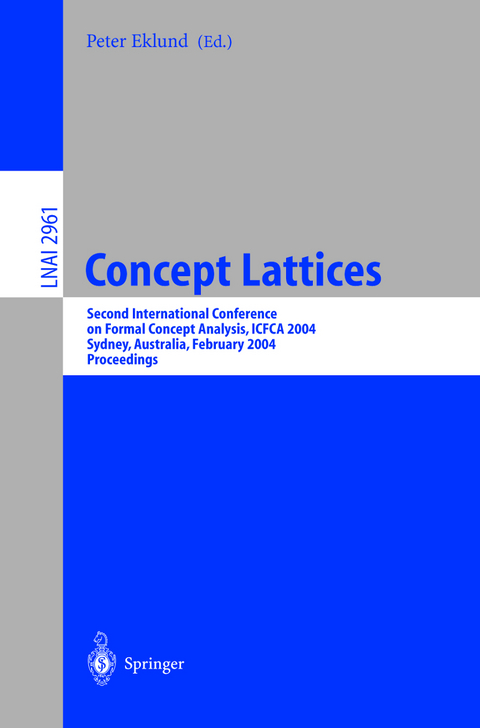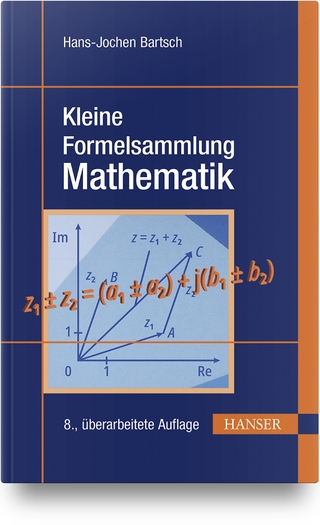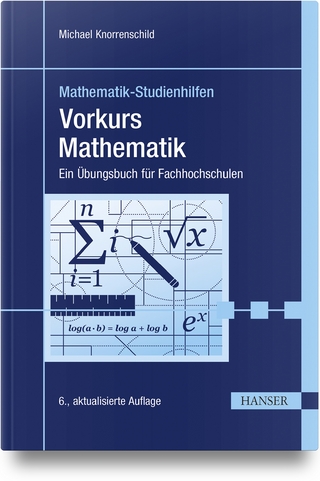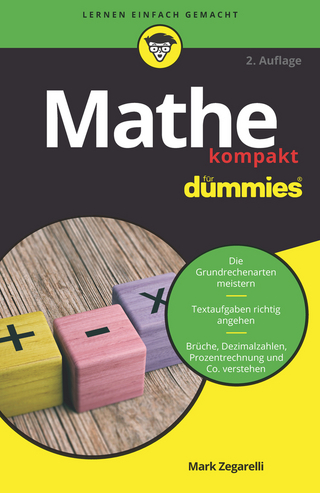
Concept Lattices
Springer Berlin (Verlag)
978-3-540-21043-6 (ISBN)
Preconcept Algebras and Generalized Double Boolean Algebras.- Protoconcept Graphs: The Lattice of Conceptual Contents.- Signs and Formal Concepts.- A Mathematical Model for TOSCANA-Systems: Conceptual Data Systems.- BLID: An Application of Logical Information Systems to Bioinformatics.- Formal Concept Analysis: Its Role in Teaching Lattice Theory.- Concept Lattices for Information Visualization: Can Novices Read Line-Diagrams?.- Browsing Search Results via Formal Concept Analysis: Automatic Selection of Attributes.- Formal Concept Analysis and Semantic File Systems.- Numerical Analysis in Conceptual Systems with ToscanaJ.- Tool Support for FCA.- Automated Lattice Drawing.- Congruences of Finite Distributive Concept Algebras.- When Is a Concept Algebra Boolean?.- Background Knowledge in Concept Graphs.- Agreement Contexts in Formal Concept Analysis.- Towards a Conceptual Theory of Indistinguishable Objects.- Conceptual Knowledge Processing with Formal Concept Analysis and Ontologies.- A First Step towards Protoconcept Exploration.- Geometry of Data Tables.- Concept Extensions and Weak Clusters Associated with Multiway Dissimilarity Measures.- Unlocking the Semantics of Roget's Thesaurus Using Formal Concept Analysis.- FCA in Knowledge Technologies: Experiences and Opportunities.- Applying Formal Concept Analysis to Description Logics.- Machine Learning and Formal Concept Analysis.- A Comparative Study of FCA-Based Supervised Classification Algorithms.- Modelling Tacit Knowledge via Questionnaire Data.- Predicate Invention and the Revision of First-Order Concept Lattices.- The Power of Peircean Algebraic Logic (PAL).- Formal Concept Analysis for Knowledge Discovery and Data Mining: The New Challenges.- AddIntent: A New Incremental Algorithm for Constructing ConceptLattices.- QuDA: Applying Formal Concept Analysis in a Data Mining Environment.- A Parallel Algorithm to Generate Formal Concepts for Large Data.- Using Concept Lattices for Requirements Reconciliation.
| Erscheint lt. Verlag | 10.2.2004 |
|---|---|
| Reihe/Serie | Lecture Notes in Artificial Intelligence | Lecture Notes in Computer Science |
| Zusatzinfo | X, 418 p. |
| Verlagsort | Berlin |
| Sprache | englisch |
| Maße | 155 x 235 mm |
| Gewicht | 640 g |
| Themenwelt | Mathematik / Informatik ► Informatik |
| Mathematik / Informatik ► Mathematik ► Allgemeines / Lexika | |
| Schlagworte | algorithms • Attribut • Cluster • concept algebras • concept lattices • Conceptual Graphs • contextual logics • Data Analysis • Data Semantics • Description Logics • formal concept analysis • formal concepts • Formale Begriffsanalyse • Gitter (Mathematik) • Hardcover, Softcover / Informatik, EDV/Informatik • HC/Informatik, EDV/Informatik • Knowledge Discovery • Knowledge Processing • Künstliche Intelligenz • lattice theory • Logic • machine learning • Maschinelles Lernen • Modeling • Ontologies • Processing • Tosca • Verband (mathemat.) • Visualization |
| ISBN-10 | 3-540-21043-1 / 3540210431 |
| ISBN-13 | 978-3-540-21043-6 / 9783540210436 |
| Zustand | Neuware |
| Haben Sie eine Frage zum Produkt? |
aus dem Bereich


